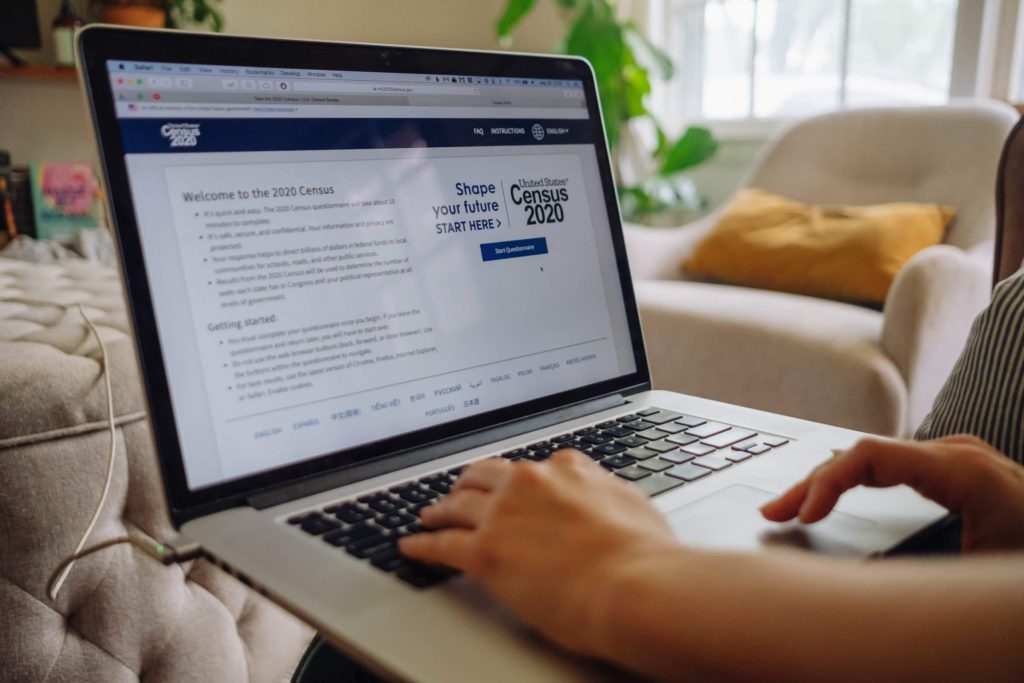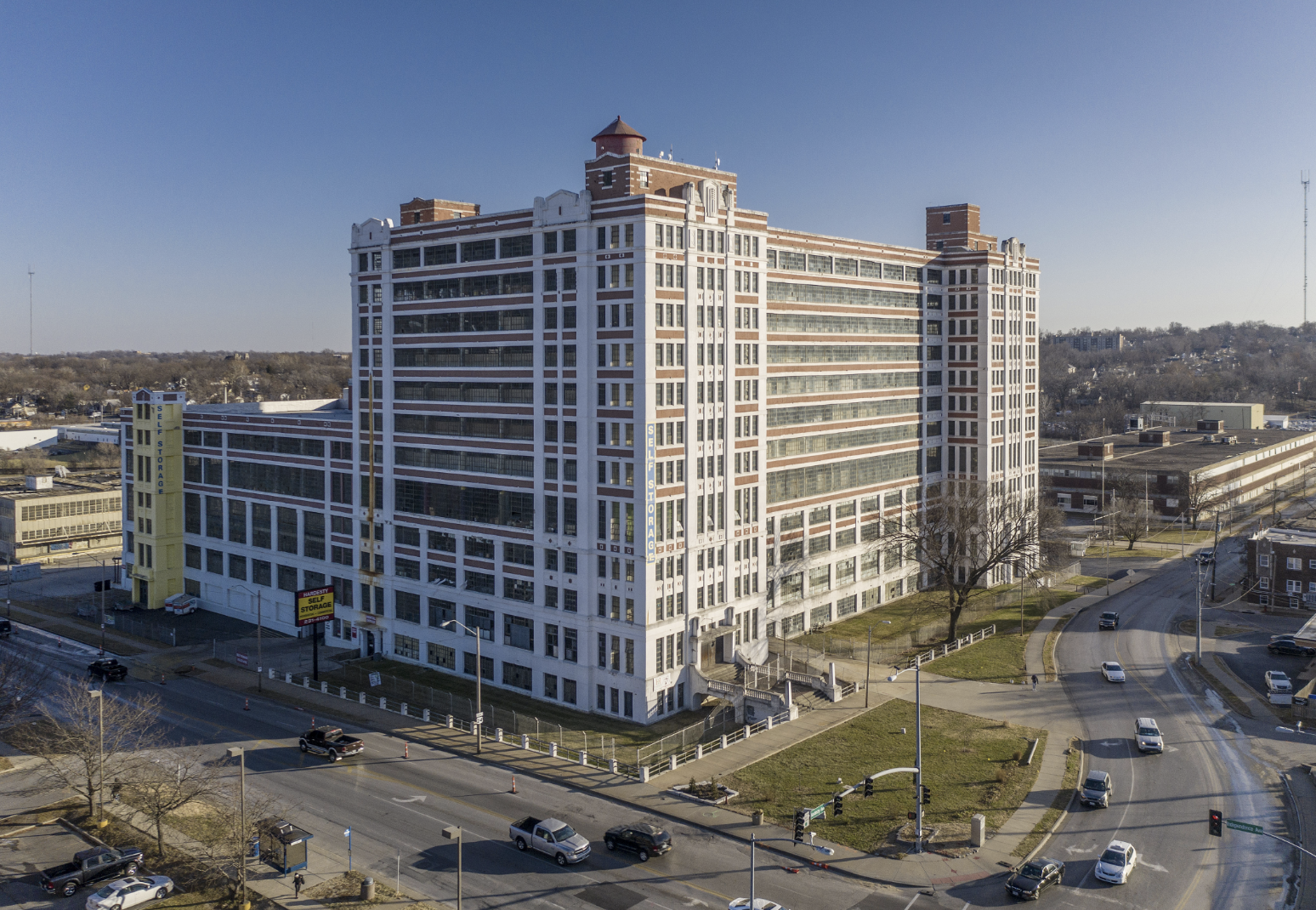
Kansas City Mayor Quinton Lucas joined city council members on Thursday, July 16, to encourage Kansas Citians to complete the 2020 census.
U.S. Secretary of Commerce Wilbur Ross called Lucas last week to discuss the census and the efforts being made to make sure Kansas City’s response rates improve.
“I think this is part of an effort – and I commend the Census Bureau for this – to make sure that every community, every walk of life, everybody knows that we want to hear from you,” Lucas said. “Right now that 55.9% response rate in Kansas City is not enough, particularly when you break it down district by district.”
The city is urgently requesting that residents who live in the third, fourth and fifth districts immediately respond to the census. Response rates for those districts have been low since the census began in March.
Fifth District Councilwoman Reina Parks-Shaw, whose district’s response rate is 52.9%, encouraged everyone to be counted.
Parks-Shaw reminded residents that census answers are 100% confidential, and census workers take a lifetime oath to protect data.
“Kansas City’s self-response rate is 55.9%,” Parks-Shaw said. “That’s about 5 to 6% below the state completion rate.”
Census data impacts both daily life and annual budgets, and assists in decisions made by the government.
“For example, CARES Act funding was allocated to cities with populations over 500,000, and Kansas City’s last census data was slightly under that threshold,” Parks-Shaw said.
Beginning today, July 16, census takers will be going door-to-door at households that have not responded. Census takers will have an official ID badge that has their name, photo, Department of Commerce watermark and expiration date. They will be wearing masks and are trained to conduct interviews outside or at a distance to prevent the spread of COVID-19. There are also mobile response centers at community grocery stores and other high traffic areas.
“Without participating in the census, we lose out in federal tax dollars that should go to educate our kids, to fight poverty, provide for healthcare and public safety, all because we – literally – don’t count,” Fourth District-At-Large Councilwoman Katheryn Shields said. “Even our right to vote can be watered down when voting districts are drawn using inaccurate data.”
Fourth District Councilman Eric Bunch said it took him less than 5 minutes to complete the census, even with three young children to account for.
“The greatest thing about the Fourth District is how diverse we are, and I want to make sure that diversity is shown through by our participation in the census,” Bunch said.
He noted that the census counts all residents, including undocumented residents, and does not ask citizenship status.
Collecting demographic data ensures that the city, neighborhoods and households will have the resources they need, Third District Councilwoman Melissa Robinson said.
Lucas said the low response rates, which are in majority Black districts, gives grave concern because it relates to how resources are allocated for things like housing and public works.
Robinson challenged her district to raise their response rate to 78.5%, and her office will share materials with businesses in the district, ask church leaders to remind parishioners and ask residents to remind their neighbors.
Assistant Regional Census Manager for the Chicago Region Debra Stanley, who is from Kansas City, is excited to launch the non-response follow-up.
“Our mission again is to count everyone once, only once, and in the right place,” Stanley said.
The census can be completed online at my2020census.gov, over the phone at (844) 330-2020, by completing a paper questionnaire or responding to an in-person census taker.


















